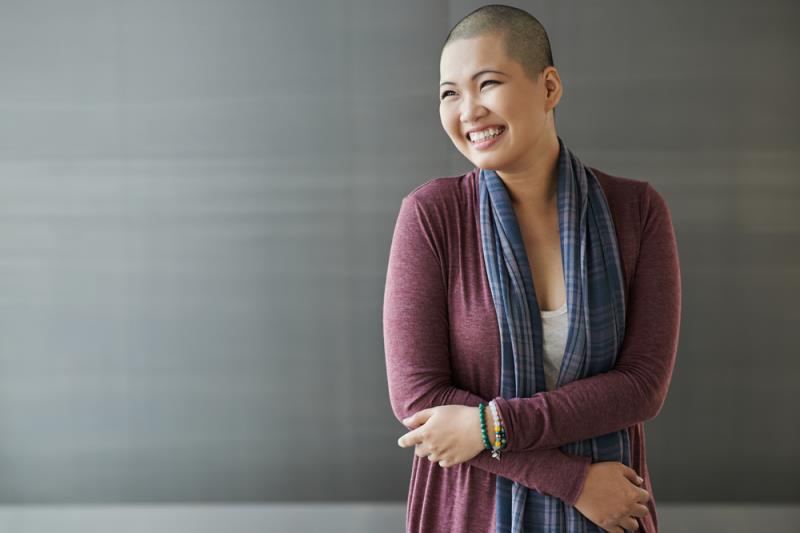
Despite showing great concern that they may develop hereditary breast and ovarian cancer (HBOC), women undergoing genetic cancer risk assessment (GCRA) believe that their risk of malignancy is equal to that of the general population, a new study has found.
“This situation can have potential implications for cancer prevention adherence,” researchers pointed out.
Researchers performed a cross-sectional analysis of 83 women at their initial GCRA appointments, set after a pedigree draw. Psychological outcomes included cancer worry, cancer risk perception, health belief, coping strategies, and anxiety and depression.
Results of the Cancer Awareness Needs Survey found that over half of the women believed their risks of breast cancer (51.8 percent) and ovarian cancer (54.2 percent) to be equal to that of the general population. Only 7.2 percent and 4.8 percent thought that they were at much higher risk of the respective malignancies.
Despite this, the Cancer Worry Scale found that 40 percent (n=34) of the women had elevated levels of concern about developing breast cancer.
Moreover, Champion’s Health Belief Model Scale also showed that breast cancer would be severe (average score, 15.43) and that prevention strategies are valuable (average score, 14.1). Perception of risk, however, was poor (average score, 8.37).
Among the coping strategies that emerged were confrontation focused on the problem (mean score, 4.5) and search for religious practices (mean score, 4.2). The Ways of Coping Scale was used to assess such strategies. There was also no evidence of general anxiety and depression.